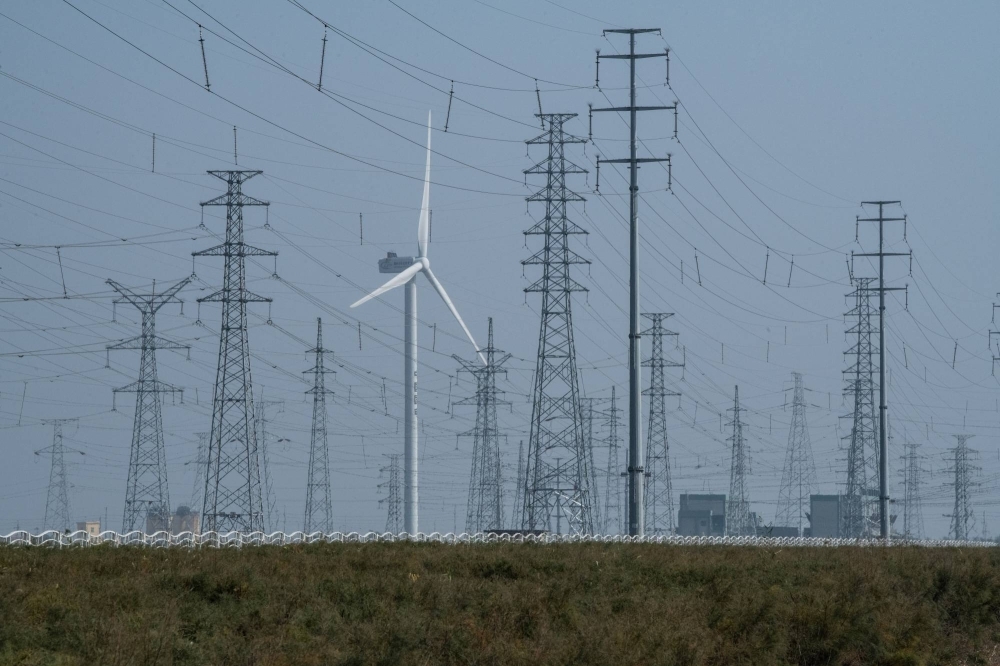“No poverty,” “zero hunger,” “gender equality,” “climate action”. These lofty ideals are expressed in several of the United Nations’ sustainable development goals. Understandably, the SDGs have become very popular in Japan.
Can the 17 goals — launched by the U.N. in 2015 to be reached by the end of this decade — really save the world from the multipronged crises of climate change, inflation, war and populism? I start off my book “Slow Down” with a resounding “no,” arguing that “the SDGs are the new opiate of the masses.” In fact, the U.N. goals have become popular in a conservative society like Japan precisely because they do not demand transformative, systemic change but, rather, aim to preserve the status quo.
In fact, if one looks at the concrete proposals of companies and the media to achieve these goals, they often advocate for individuals to adopt eco-friendly behaviors such as opting for reusable bags and bottles, reducing food waste and recycling fast fashion products.



